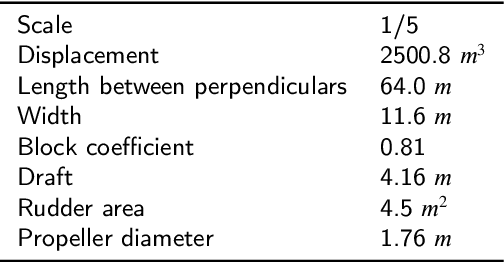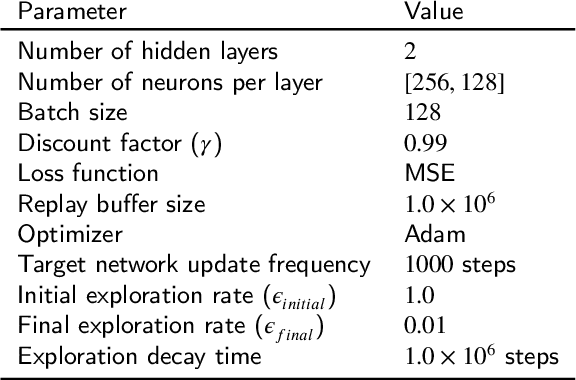Ostap Ohkrin
Robust Path Following on Rivers Using Bootstrapped Reinforcement Learning
Mar 24, 2023



Abstract:This paper develops a Deep Reinforcement Learning (DRL)-agent for navigation and control of autonomous surface vessels (ASV) on inland waterways. Spatial restrictions due to waterway geometry and the resulting challenges, such as high flow velocities or shallow banks, require controlled and precise movement of the ASV. A state-of-the-art bootstrapped Q-learning algorithm in combination with a versatile training environment generator leads to a robust and accurate rudder controller. To validate our results, we compare the path-following capabilities of the proposed approach to a vessel-specific PID controller on real-world river data from the lower- and middle Rhine, indicating that the DRL algorithm could effectively prove generalizability even in never-seen scenarios while simultaneously attaining high navigational accuracy.
 Add to Chrome
Add to Chrome Add to Firefox
Add to Firefox Add to Edge
Add to Edge